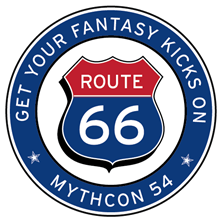Abstract
The powerful and highly informative definitions that Freeman applies to Tolkien’s Middle-earth phenomenon in the title of his book create a productive interpretational framework. Myth and mythology in Inklings’ writing were always understood, in an almost Jungian way, as a cultural paradigm flexible enough to embrace the free creativity of the playful human mind and a philosophical postulate, or credo, of the humanistic religious intuition of Christianity. In Freeman’s interpretation, Tolkien’s literary myth in some ways requires a theological background, which, in its turn, leads to inevitable dogma, a statement that reveals the sensitive mechanics of literary myth as it relates to Tolkien’s religious views. According to Freeman, Tolkien builds his impressive mythological cosmos as a Christian universe, which can be studied scholastically, as it was in previous times.
Creative Commons License

This work is licensed under a Creative Commons Attribution-NonCommercial-No Derivative Works 4.0 International License.
ORCID ID
0000-0002-9722-2333
Copyright held by Artist
Included in
Catholic Studies Commons, Children's and Young Adult Literature Commons, Christianity Commons, Ethics in Religion Commons, Religious Thought, Theology and Philosophy of Religion Commons


